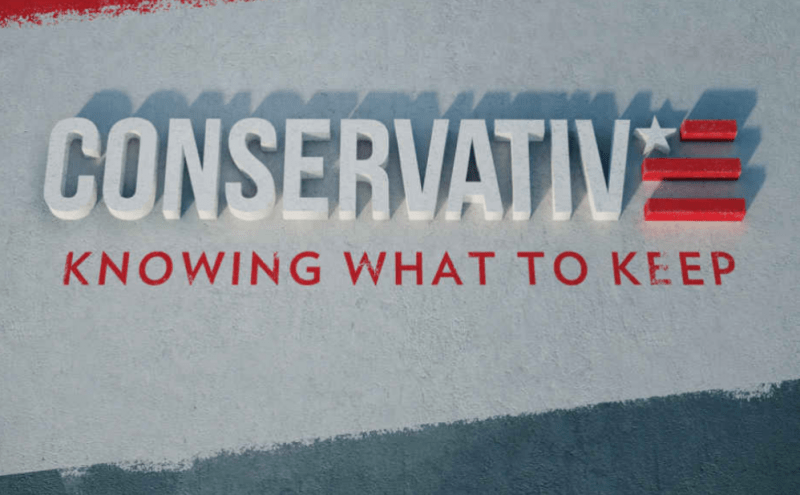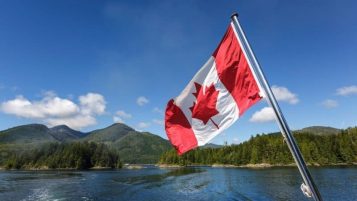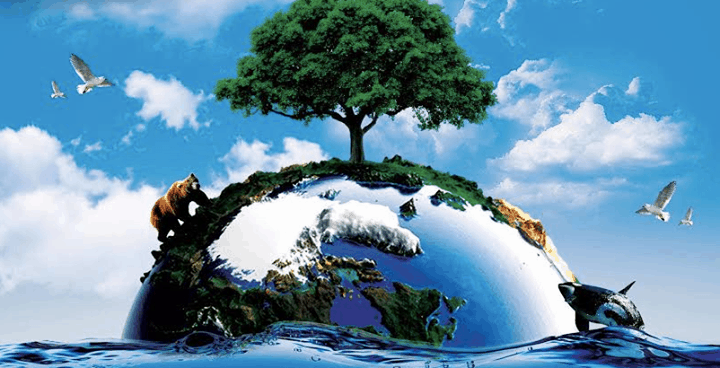In Canada and the United States, the holiday honouring workers and the union movement is celebrated on the first Monday of September, as Labour Day, to avoid the radical connotations of May Day. In some parts of Europe, by contrast, May Day is still celebrated with enthusiasm by socialist and far left parties who share in the idealism of earlier, nineteenth-century workers’ struggles. However, relations between “the progressive intelligentsia” (who style themselves the vanguard of the proletariat) and the so-called proletariat itself have almost always […]
Kategoria: Historia
Wegierski: Problems of Current-Day Conservative Thought
There is currently underway a big debate about the shape and future of conservatism in Canada. By looking to the debate about conservatism in America, we could draw some conclusions as to what a genuine conservatism should actually consist of. Conservatism today is, it could be argued, a bewildered philosophy -‑ an unwieldy morass of mutually incompatible, self‑contradictory, and amorphous ideas. Despite decades of internecine debate, the contemporary conservative movement in Western societies has failed, generally‑speaking, to provide a coherent and consistent account of itself. […]
Wegierski: Is Capitalism conservative?
Conservatism and capitalism are often equated today. The historical record, it could be argued, suggests a radically different view. Conservatism -‑ in the precise, historical, classical sense -‑ has not been defined by a defence of capitalism, civil libertarianism, „libertinism”, or the „minimal state”. „Capitalism” has never been a rallying cry for real conservatives. Indeed, classical conservatives were the first to provide a comprehensive critique of capitalism, that „great solvent of all tradition in the modern era”. Genuine conservatism requires strong (as distinct from big) […]
Wegierski: Resisting “soft-totalitarianism” in Canada?
Mark Wegierski examines the ethical challenges for sincerely-believing Christians of living in accord with their faith in current-day Canada. The idea of so-called “soft totalitarianism” has emerged from various dystopian novels and political writings of the Twentieth Century. In his dystopian novel Brave New World (1932), and a preface to it, Brave New World Re-visited (written after World War II), Aldous Huxley suggested a possible future society that would be mostly non-coercive, but at the same time embrace a thoroughgoing, totalitarian exclusion of traditional notions […]
Wegierski: On the 153rd anniversary of Canadian Confederation — the origins and development of Canada
Canada has indeed developed far away from its origins. July 1, 2020 is the 153rd anniversary of Canadian Confederation. That was the date on which the British North America Act (Canada’s original constitution) was passed in 1867. It was an Act of the British Parliament. Four provinces (Ontario, Quebec, New Brunswick, and Nova Scotia) formed Confederation. It was also a union of two, long pre-existent nations, English Canada, and French Canada (the latter mostly centered in the province of Quebec). The Aboriginal peoples were included […]
Wegierski: A Poisoned Imagination? Examining the excess of “late modern” imageries in various subgenres of the fantastic
This article looks at so-called late modern societies – especially America and Canada – that, it could be argued, have become increasingly influenced by an excess of dark and disorienting imageries, especially in the various subgenres of the fantastic. Among the most prominent and absorbing of these subgenres are fantasy role-playing games (RPG’s) such as Dungeons and Dragons, launched in 1974. D & D arose from a convergence of interest in historical boardgaming, medieval miniatures gaming, and the huge popularity of Tolkien’s Lord of the […]
Wegierski: In Search of Canadian Identity
Mark Wegierski notes the problematic nature of current-day Canadian identity. Canada, which Pat Buchanan once called a “Soviet Canuckistan”, certainly has some serious problems combating the ceaseless self-undermining of its military forces and traditions, but it is also having at least as difficult a time defining a coherent identity for itself. For example, there have been frequent calls to eliminate the traditional oath to Queen Elizabeth and her heirs and successors, as a condition for receiving Canadian citizenship. Since the 1960s, Canada, which was once […]
Wegierski: Earth Day 2019 – tradition and ecology
The happenstance that Easter Sunday and Earth Day fall within a day of each other in 2019, leads the author to attempt a sketch towards the synthetic nesting of ecological issues within notions of culture and tradition. What are some of the affinities between traditionalist and ecological thinking? The United States and Canada certainly participate today in the worldwide trends to technology (sci-tech); urbanization and migration; media; tribalism; and violence. Together, these might generally be seen as constituting the ongoing crisis of national sovereignty and […]
Wegierski: The Polish-Canadian community: Apolonja (Pola) Maria Kojder — representative of a fragmentary tradition
Canada today is officially and juridically a multicultural society. This means, among other things, that the distinctive cultures of various diasporas are – at least in theory — encouraged, and, to a greater or lesser extent, supported by Canadian federal, provincial, and major-municipal governments. In practice, most funds are given to so-called “visible minorities” – as opposed to most of the “white ethnic” groups. At the same time, the so-called main Canadian culture also receives extensive support from all levels of Canadian government. The Canadian […]
Wegierski: Questions of Ethnic Identity Persistence in Mass-Media Dominated North America
The persistence of the cultural identity of some so-called “white ethnic” groups such as Polish-Canadians has become increasingly problematic in the North American (U.S. and Canada) cultural space, dominated by mass media. The official declaration of Canada as a multicultural society has not led to an increased profile for some of these “white ethnic” groups such as Polish-Canadians. Indeed, there is a marked contrast between the major emphasis placed today in Canada on so-called visible minorities – as opposed to the so-called “white ethnics”. Canada […]








